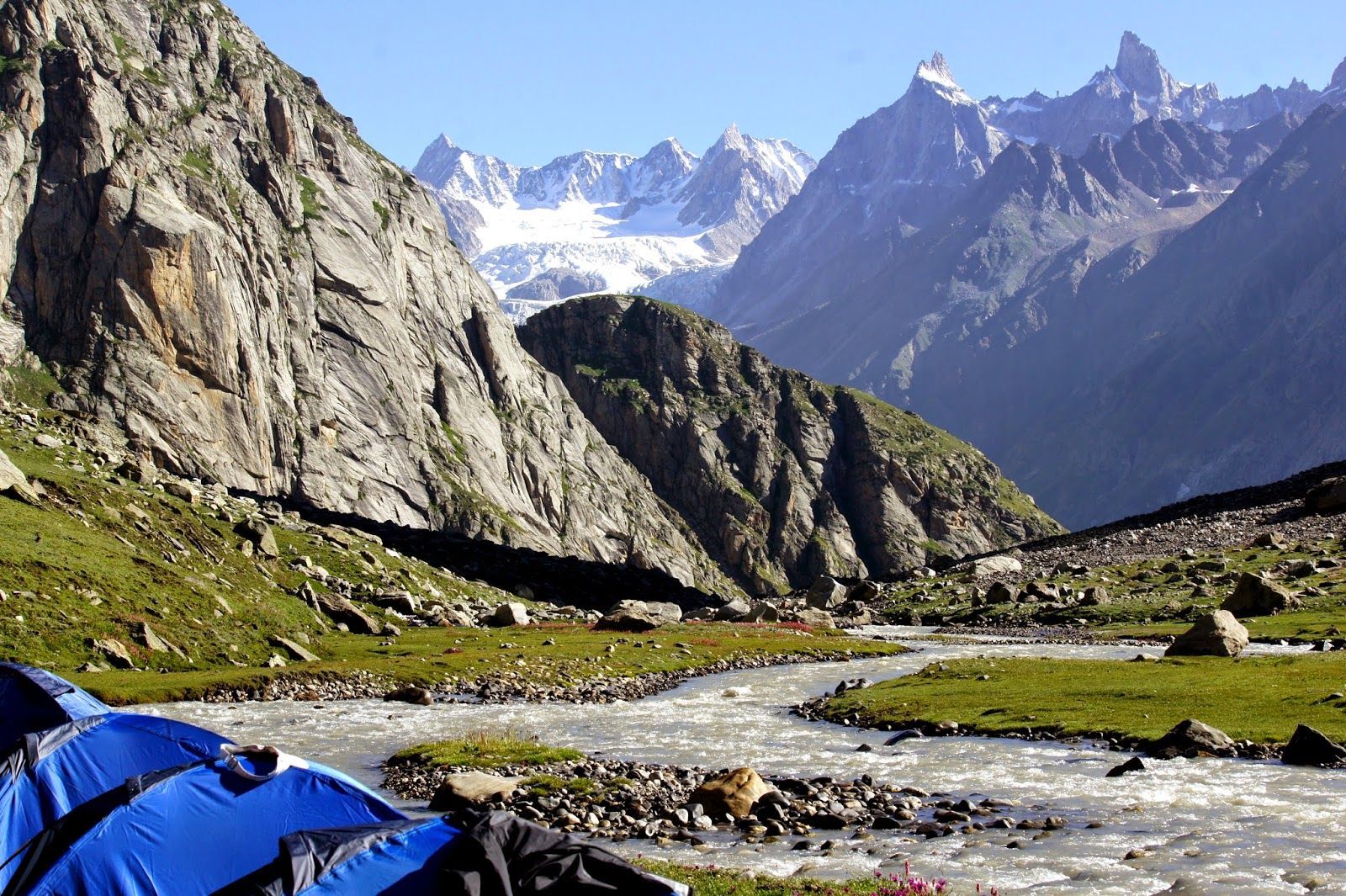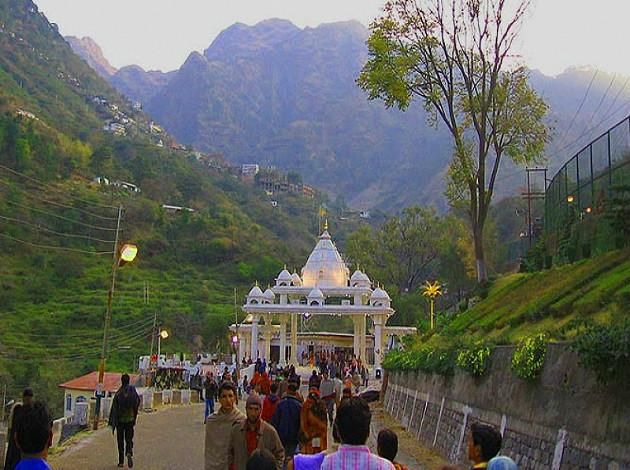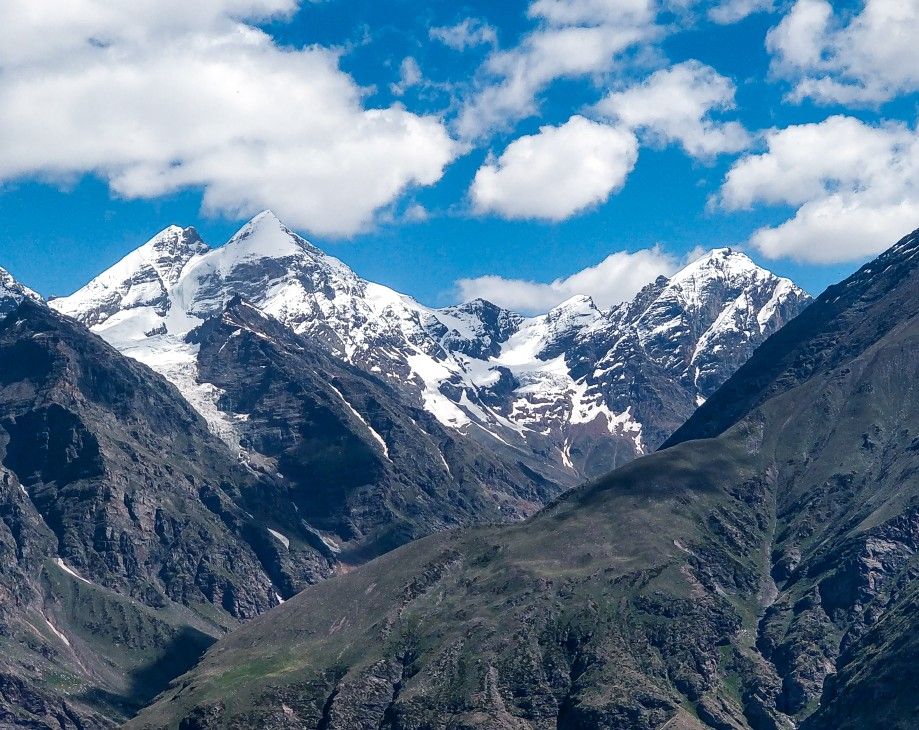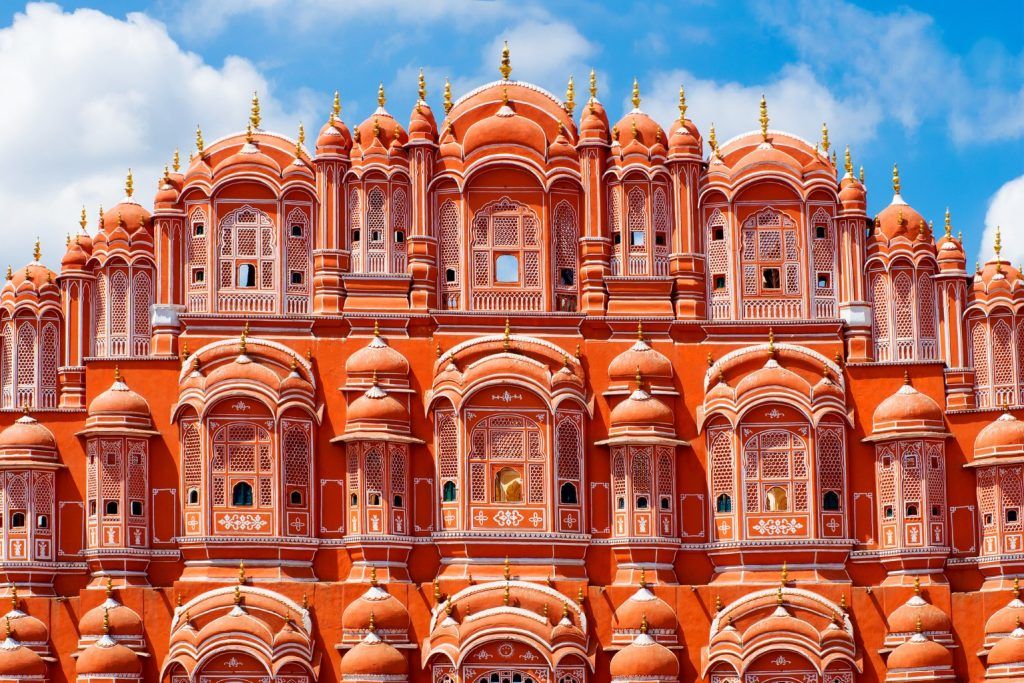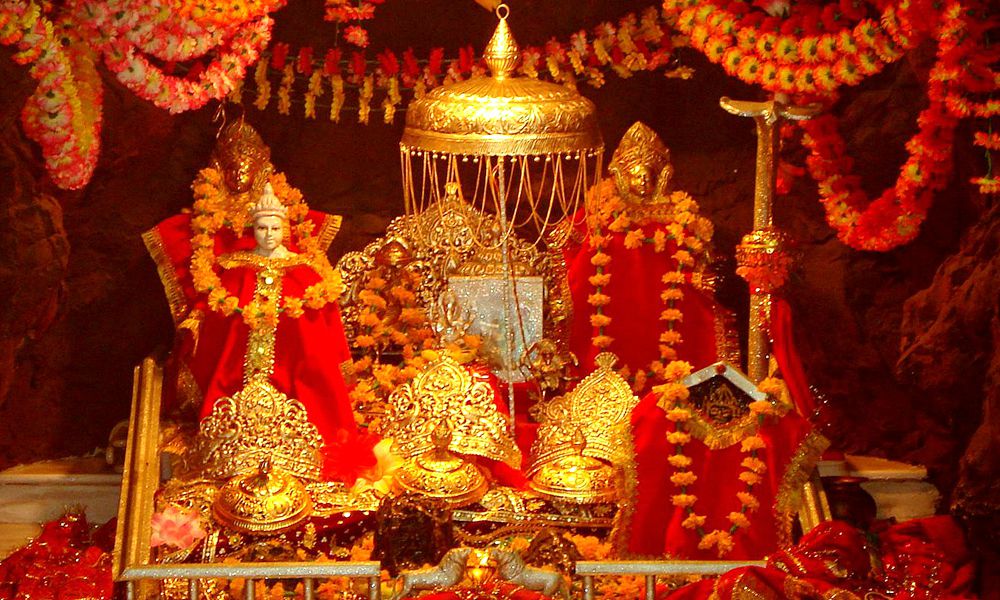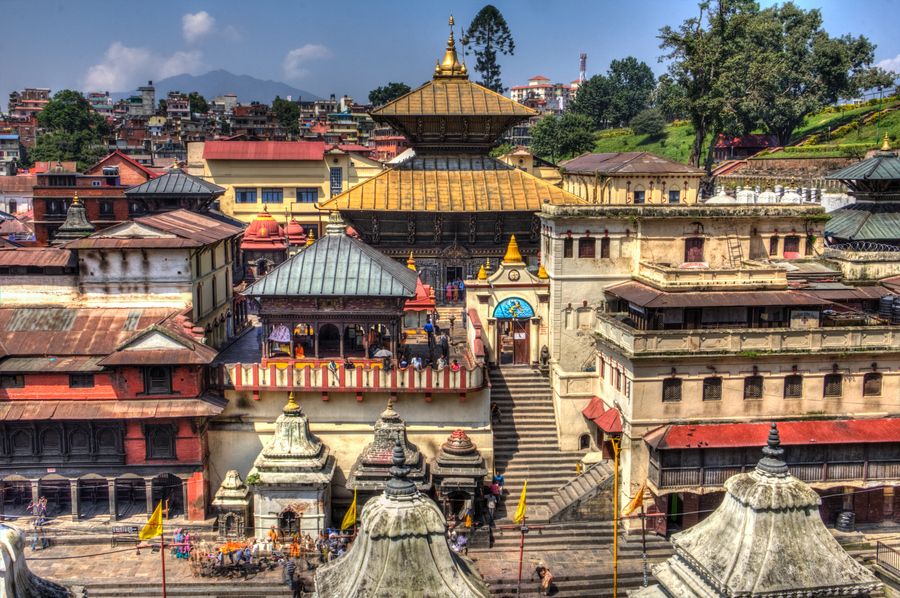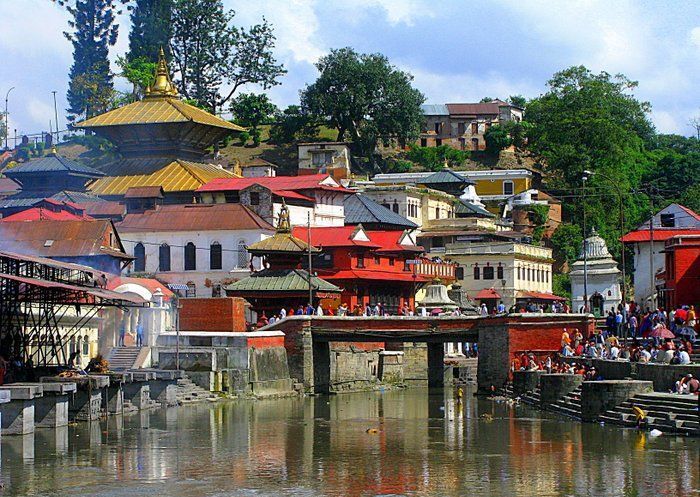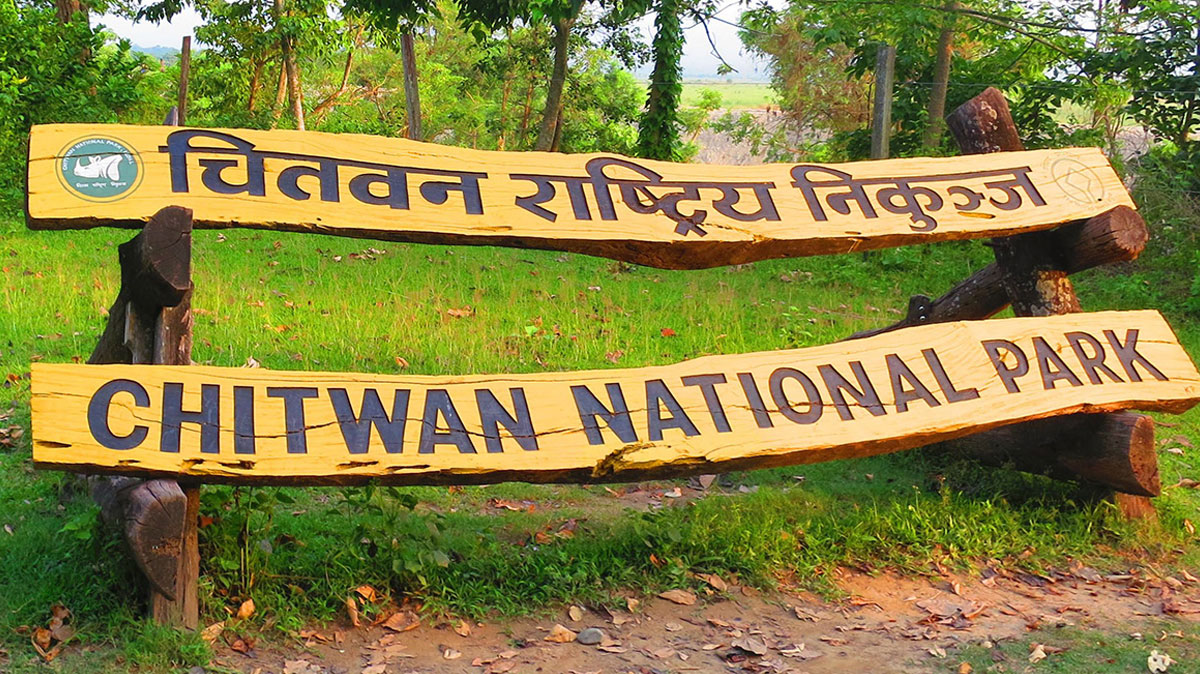Price: Starts from ₹ 0
Code:
| Departure Dates | |
|---|---|
| Tour Code | |
| EX | |
| Vehicles Used | |
| Duration | |
| States/Countries Visited | |
| Places Visited | |
| Best Time To Visit |
Overview
| Departure Dates | |
|---|---|
| Tour Code | |
| EX | |
| Vehicles Used | |
| Duration | |
| States/Countries Visited | |
| Places Visited | |
| Best Time To Visit |
Tour Cost
| Category | Price |
|---|
Itinerary
Includes
Excludes
Complementary
Information
To receive our best monthly deals


